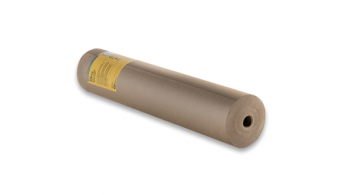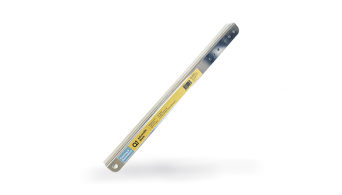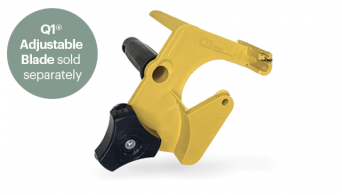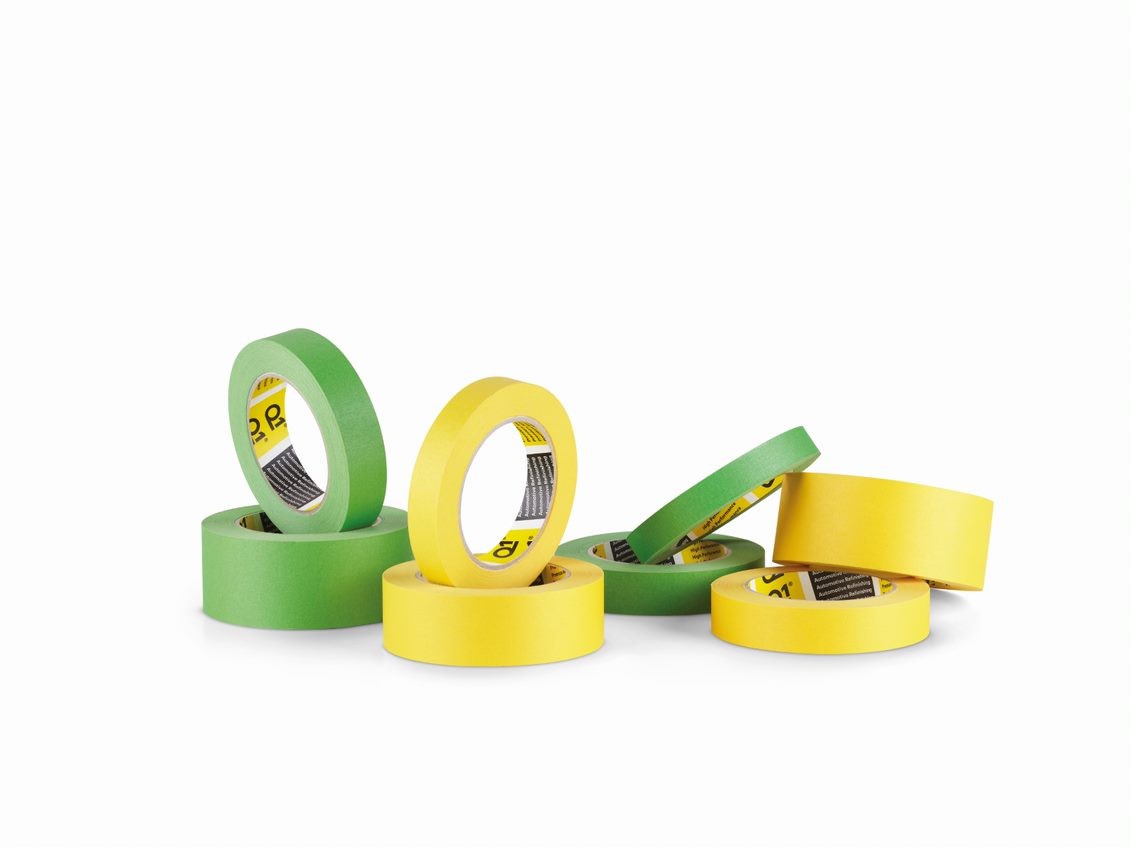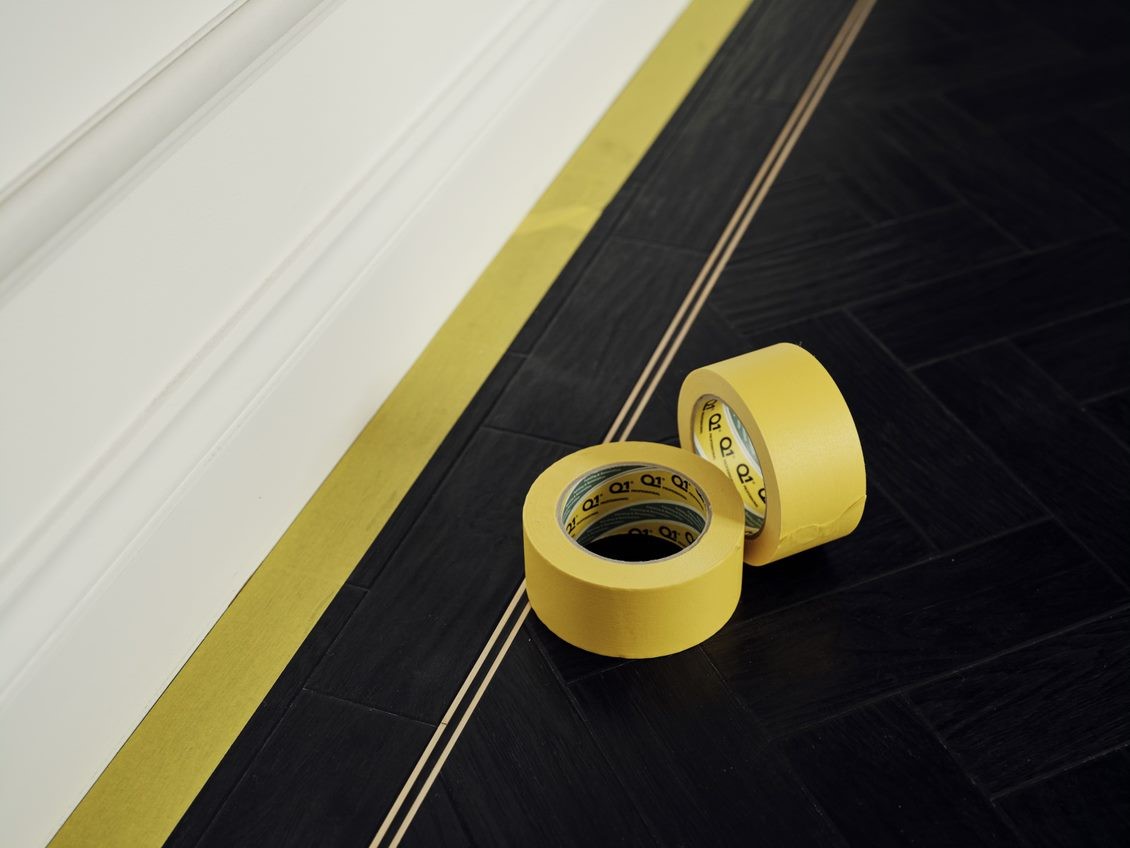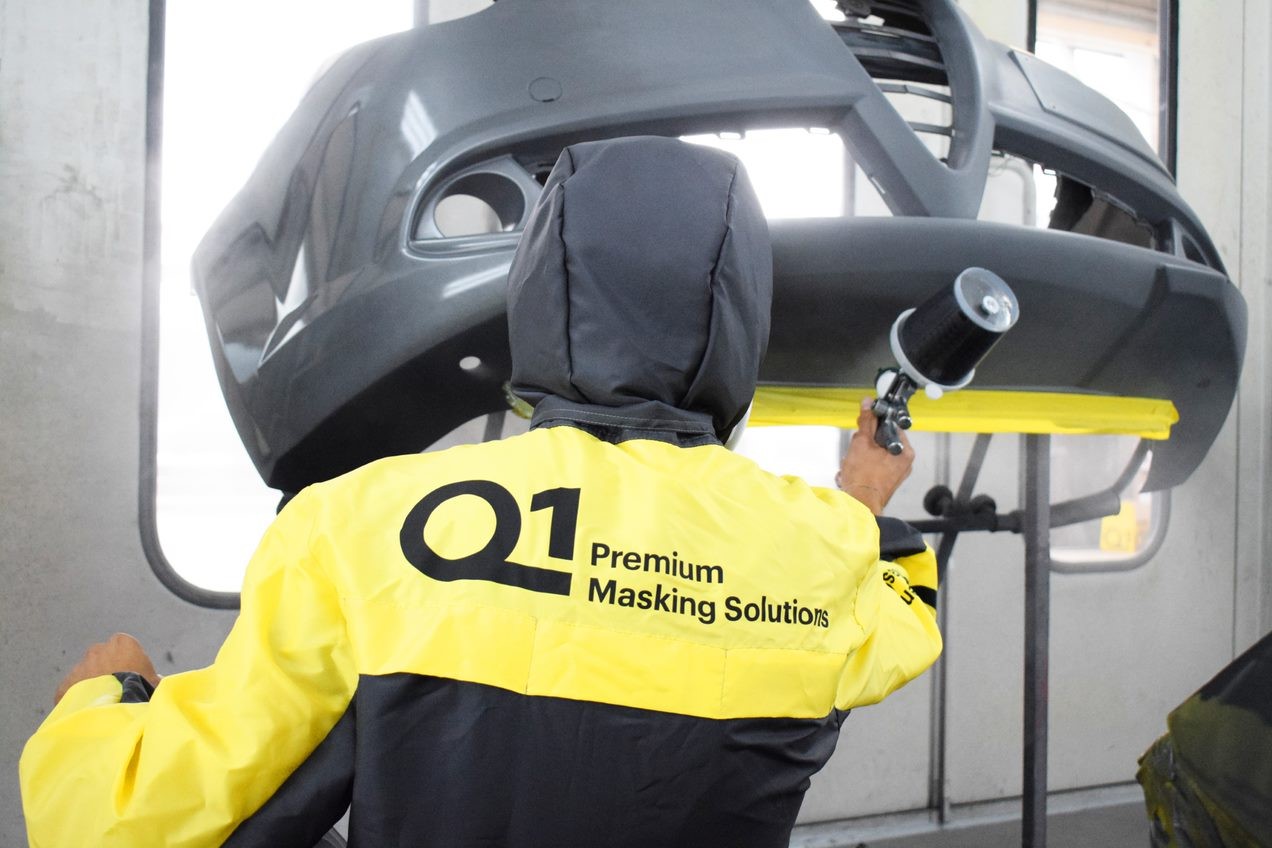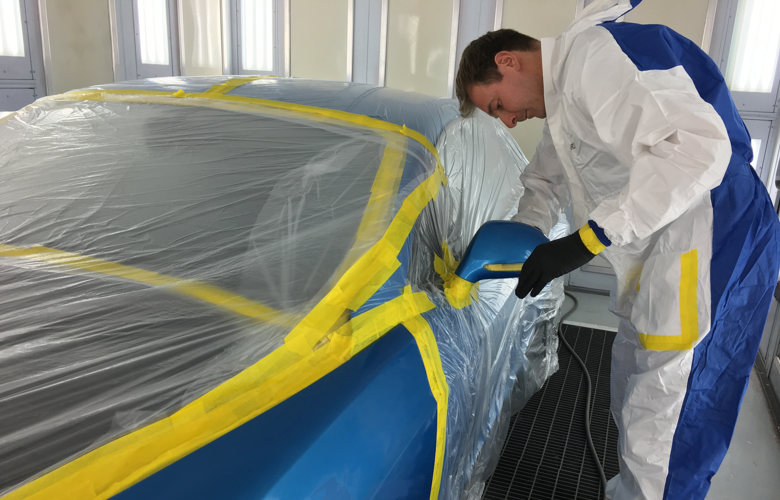
Professional car painting is a delicate job: it involves working with paints, primers and other potentially dangerous chemicals, and it requires patience and ability to gain clean results.
Therefore, following some essential safety precautions and using professional tools are the necessary steps to perform a state-of-the-art painting job.
In this article, we share some advices and suggestions to help your body shop maximize safety and achieve excellent results during car painting. Let’s start from safety, which is for sure the most important topic in any workplace.
Safety tips for automotive painting
- Protection of the painter: for protection against the chemicals in the paint, the painter must wear a respirator that fully seals around the edges, in order to prevent any risk of subtle particles getting through. When painting with heavier chemical products, it is also necessary to wear a coverall, a suit that protects the skin from chemicals absorption. Last but not least, ensure to have your eyes protected by some goggles, in case they’re not included in the respirator.
- Protection of the workplace: to prevent paint from spreading all around in the body shop, spray booths and spray rooms must be equipped with proper ventilation systems, capable of removing toxic and flammable fumes from the environment.
- Protection against fire risks: some of the paints employed in a professional body shop are flammable. To minimize the risks connected to this kind of products, you have to store them in safe areas of the shop, keeping them at distance from working machinery.
The law itself prescribes many of these precautions. Therefore, to ensure compliance with the law and to protect your personnel from any risk, make sure you are following all of them!
Professional equipment for automotive painting
Good spraying tools and high quality paints are essential to gain professional results. However, they’re not enough when we consider precision and cleanness of the job. To achieve them, the secret lies in the masking process: the areas of the car that don’t have to be painted need a perfect protection, which can be attained only with some specific products. The most employed in professional body shops are:
- Automotive masking tape: masking tape is the basic tool for masking off a car for painting. It can be used alone, on small and irregular surfaces around the area to paint, or to fasten masking paper or films on the vehicle. Make sure to use professional tapes that can resist the temperature required for drying cycles.
- Automotive masking films and paper: these products are employed to cover wide areas of the vehicle. Films are lighter and easier to dispose, while paper is heavier, but more resistant. As we mentioned, both of them are applied on the car with the aid of masking tape, following some tips that we have already deepened on this blog.masking tape is the basic tool for masking off a car for painting. It can be used alone, on small and irregular surfaces around the area to paint, or to fasten masking paper or films on the vehicle. Make sure to use professional tapes that can resist the temperature required for drying cycles.
- Trim masking tape: if you have to mask rubber trims or critical areas such as lights and sunroofs, the best solution comes from trim masking tape, a product engineered to be easily applied under the trims and prevent paint bridging.
- Foam masking tape: to cover the gaps we find in door jambs and car bonnets, an increasing number of body shops employ foam masking tape, a special product that fits in the grooves and easily adapts to irregular surfaces. It is an excellent solution when the highest precision is required.
Keep following us for more tips and updates about automotive painting!
Related Products
No products were found matching your selection.


